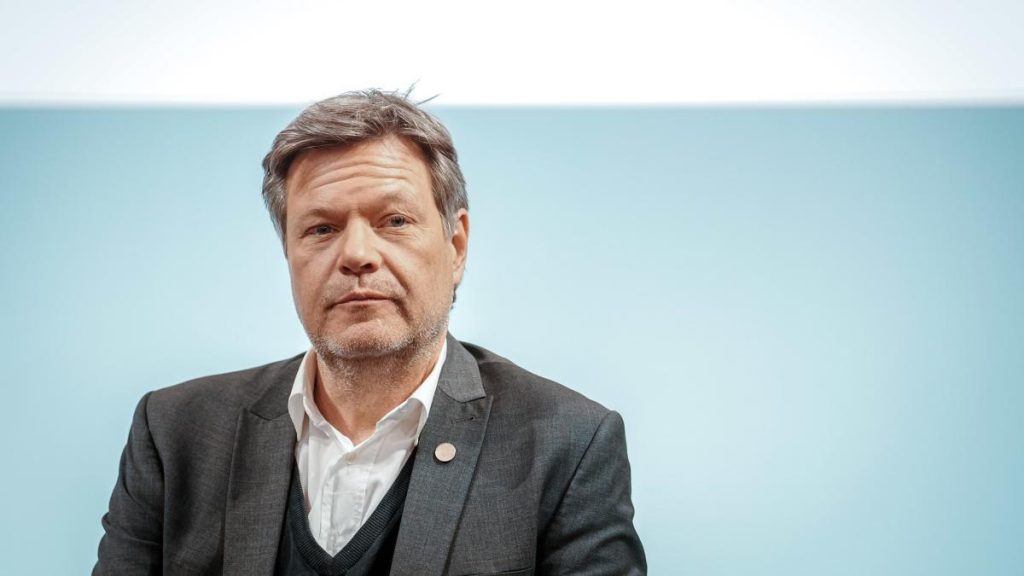The debate around Germany’s nuclear phase-out has intensified, with accusations that the population was deceived by key figures. The recent revelation that the closure of the last nuclear power plants was carried out against the advice of government experts has raised concerns. According to documents obtained by the magazine “Cicero,” warnings about the closure were allegedly kept secret from Minister Robert Habeck. The Union has demanded transparency from Habeck regarding the decision to phase out nuclear power by 2023, threatening potential consequences if he does not provide all relevant documents. The Union suggests that parliamentary committees or even an investigative committee may be necessary if Habeck fails to cooperate. Despite these accusations, the Ministry of Economics has denied any wrongdoing, stating that the magazine’s portrayal was incomplete and misleading.
Following the court-ordered release of documents related to the nuclear phase-out in 2022 and 2023, it has been suggested that evaluations within the Ministry of Environment and Economics were altered to portray a nuclear phase-out as inevitable, despite expert opinions that extended operation of the plants was feasible. The decision to shut down the remaining German nuclear power plants in April 2023 was taken amid an energy crisis, with Chancellor Olaf Scholz supporting the closure but allowing for a few additional months of operation. This decision, which was criticized by the opposition Union, aimed to diffuse tensions between the Greens and the FDP. CSU Secretary-General Martin Huber has criticized Habeck’s leadership, questioning his credibility as Minister of Economics. The FDP has announced plans for parliamentary inquiries to investigate these allegations further.
The FDP’s Deputy Chairman, Wolfgang Kubicki, has called for thorough investigations into the allegations of deception surrounding the nuclear phase-out. He emphasized the importance of clarifying the situation before making any significant demands based solely on media reports. Kubicki expressed skepticism about Habeck’s lack of awareness regarding a controversial report within his ministry, questioning his ability to lead effectively. If the accusations of document manipulation are proven true, it could raise doubts about the integrity of government institutions and fuel conspiracy theories. The Wirtschaftsministerium defended its decision-making process, highlighting Habeck’s initial proposal for a standby reserve of nuclear power plants before settling on the shutdown by April 2023. The ministry assured that energy security was maintained and electricity prices decreased following the closure.
The unfolding scandal has reignited concerns about transparency and honesty within the government, with implications reaching beyond the nuclear phase-out decision. The Union’s demand for full disclosure from Minister Habeck reflects a growing distrust and skepticism among the public and political allies. As the debate continues, questions about the integrity of government institutions and the impact on public trust remain at the forefront. The need for accountability and clarity in decision-making processes has become a central issue in the aftermath of the revelations surrounding the nuclear phase-out. The repercussions of this controversy could have far-reaching consequences for the credibility of government officials and the future of energy policy in Germany.


